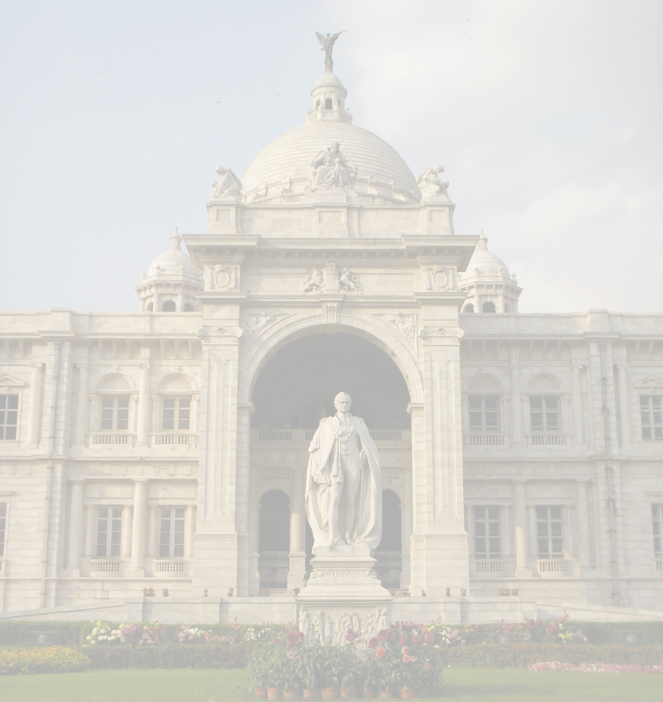











Prof. John M. MacKenzie
Author and Historian of Empire
Recent Publications....

The British Empire Through Buildings.
Structure, function and meaning.
Manchester University Press, March 2020
ISBN 978-1-5261-4596-3
Buildings provide tremendous insights into the
character of imperialism, not least in the manner
in which Western forms were spread across the
globe. They reveal the projection of power and
authority in colonised landscapes, as well as the
economic ambitions and social and cultural needs
of colonial peoples in all types of colonies. They
also represent a colonial order of social classes and
racial divisions, together with the ways in which
these were inflected through domestic living space,
places of work and various aspects of cultural
relations.
Buildings also illuminate the desire of Europeans to
indulge in cultural and religious proselytisation,
encouraging indigenous peoples to adopt western
norms. But the resistance of the supposedly
subordinate people led to the invasion, adoption
and adaptation of such buildings for a post-colonial
world.
The book is important reading for all students and
scholars interested in the widest aspects of
material culture.
Image: Victoria Memorial Hall, Kolkata (Calcutta), built 1906-21, and statue of Viceroy Lord Curzon.

The catalogue Inspired by the East: how the Islamic
world influenced Western art (edited by William
Greenwood and Lucien de Guise) accompanied the major
British Museum exhibition, Inspired by the East (October
2019-January 2020), mounted jointly with the Islamic Arts
Museum Malaysia.
The opening chapter by John M. MacKenzie, ‘The
Orientalism Debate’ provides the background to this
controversial subject, taking a long view of Orientalism in
the arts and its cultural and political context, and assessing
the various interpretations placed upon it.

A Cultural History
of the British Empire
Yale University Press, Nov. 2022
ISBN 9780300260786
A compelling history of British imperial
culture, showing how it was adopted
and subverted by colonial subjects
around the world.
Facilitated by the rapid growth of print,
photography, film, and radio, imperialists
imagined this new global culture would
cement the unity of the empire.
In this groundbreaking history, John
MacKenzie describes how colonised peoples
were quick to observe British culture and
adapted elements to their own ends,
subverting British expectations and eventually
beating them at their own game. As
indigenous communities integrated their own
cultures with the British imports, the empire
itself was increasingly undermined.
From the extraordinary spread of horse
racing, cricket and other team sports to art,
sculpture and ceremonies, MacKenzie presents
an engaging imperial history—one with
profound implications for global culture in the
present day.

The autobiography Orientations: A Life at the End of Empire
(Troubador, Leicester, 2023) describes growing up in postwar
Scotland and Northern Rhodesia, his adventurous journeys in
Africa, Canada, India and the Far East, and the manner in which
his travels and experience of university teaching influenced his
career as a historian.
The development of his ideas and the passionate injection
of these into his many innovative books and articles led him to
be embroiled in much controversy about the history of the
British Empire.
The book describes his philosophy as teacher and scholar,
his love of ships and the sea, and the interweaving of his
professional and personal life, not least ‘coming out’ as a
teenager in the 1950s at a time of official persecution.








